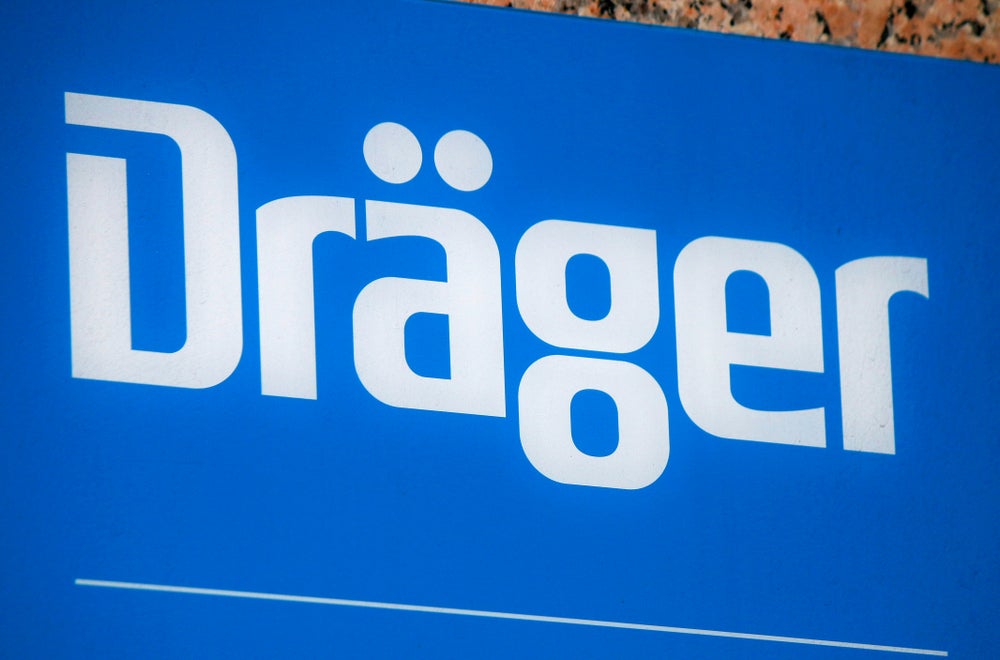Researchers from the Wellcome-MRC Cambridge Stem Cell Institute (CSCI), the University of Cambridge’s Department of Haematology and the Instituto de Investigación Sanitaria del Principado de Asturias (ISPA) have developed a new test to detect individuals at risk of developing different myeloid leukaemias.
Named MN-predict, the new platform will enable doctors and scientists to detect individuals at risk early and design new treatments for preventing the development of these potentially deadly cancers.
Researchers have analysed data from over 400,000 participants in the United Kingdom Biobank.
Utilising this data, they have developed a new platform to forecast the likelihood of developing blood cancers, such as myelodysplastic syndromes, myeloproliferative neoplasms and myeloid leukaemia, over a period of 10-15 years.
Currently offered at NHS clinics, the test involves patients giving a blood sample, which is used to extract DNA for limited sequencing, along with basic blood cell counts.
With this information, MN-predict can identify individuals with a high risk of developing any of these cancers. It can be deployed within specialist clinics focused on leukaemia prevention.
The study's senior author, Professor George Vassiliou, said: “We all know that prevention is better than cure, but it is not easy to prevent diseases like leukaemia without knowing who is at risk.
“MN-predict makes it possible to identify at-risk individuals and we hope it can become an essential part of future leukaemia prevention programmes.”
















